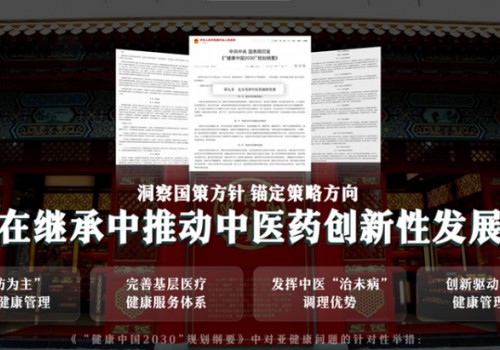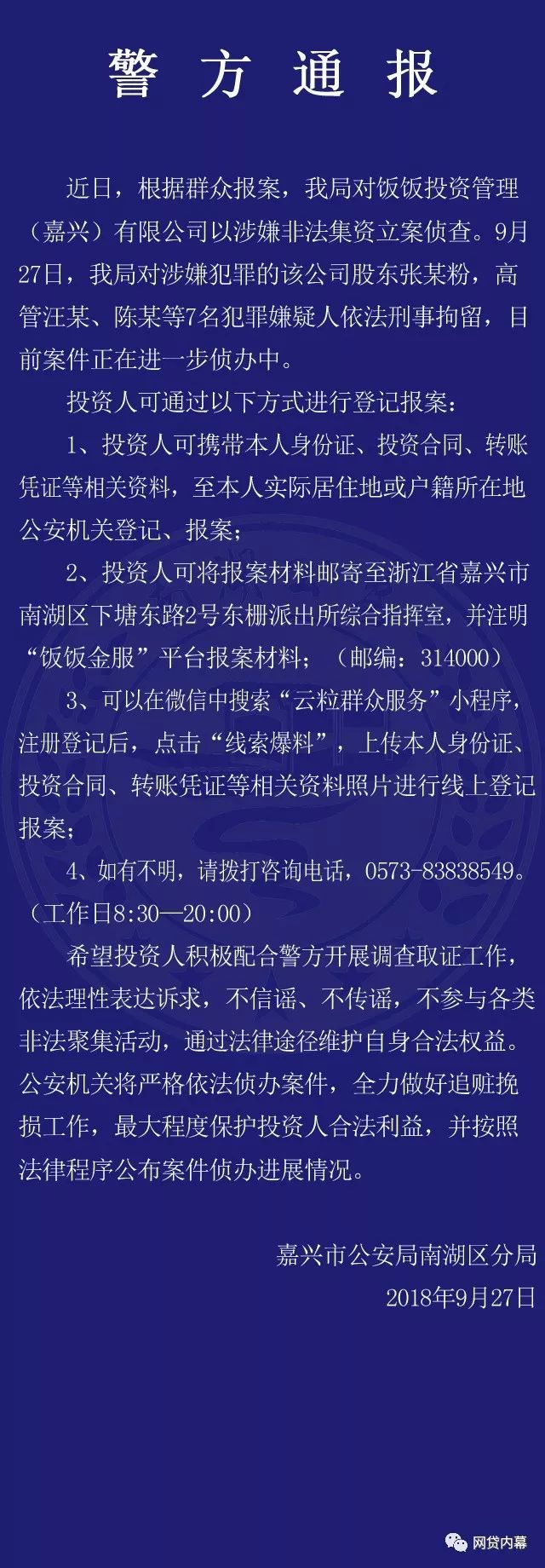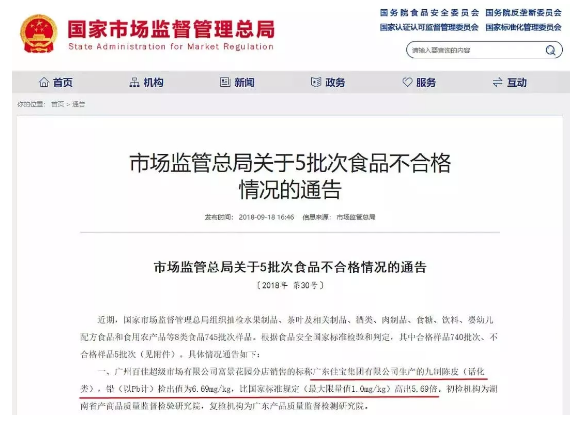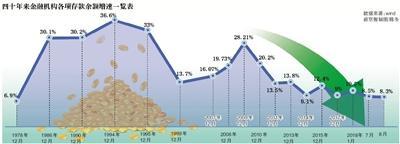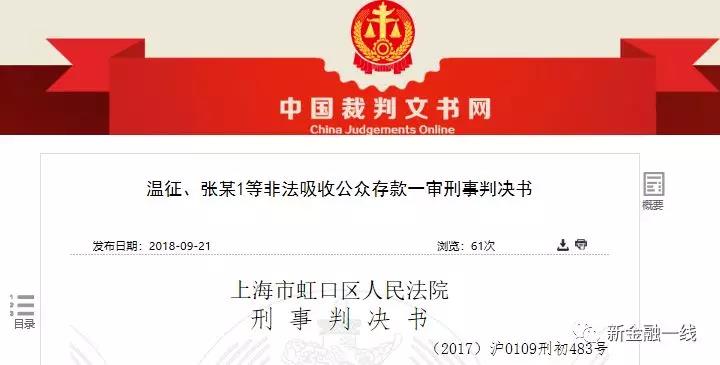(原标题:ST段抬高型心肌梗死 2013年ACCF/AHA ST段抬高心肌梗死患者管理指南)
The medical profession should play a central role in evaluating the evidence related to drugs, devices, and procedures for the detection, management, and prevention of disease. When properly applied, expert analysis of available data on the benefits and risks of these therapies and procedures can improve the quality of care, optimize patient outcomes, and favorably affect costs by focusing resources on the most effective strategies. An organized and directed approach to a thorough review of evidence has resulted in the production of clinical practice guidelines that assist physicians in selecting the best management strategy for an individual patient. Moreover, clinical practice guidelines can provide a foundation for other applications, such as performance measures,appropriate use criteria, and both quality improvement and clinical decision support tools.
The American College of Cardiology Foundation (ACCF) and the American Heart Association (AHA) have jointly produced guidelines in the area of cardiovascular disease since 1980. The ACCF/AHA Task Force on Practice Guidelines (Task Force), charged with developing, updating, and revising practice guidelines for cardiovascular diseases and procedures, directs and oversees this effort. Writing committees are charged with regularly reviewing and evaluating all available evidence to develop balanced, patient-centric recommendations for clinical practice.
Experts in the subject under consideration are selected by the ACCF and AHA to examine subject-specific data and write guidelines in partnership with representatives from other medical organizations and specialty groups. Writing committees are asked to perform a formal literature review; weigh the strength of evidence for or against particular tests, treatments, or procedures; and include estimates of expected outcomes where such data exist. Patient-specific modifiers, comorbidities, and issues of patient preference that may influence the choice of tests or therapies are considered. When available, information from studies on cost is considered, but data on efficacy and outcomes constitute the primary basis for the recommendations contained herein.
 当代健康
当代健康

